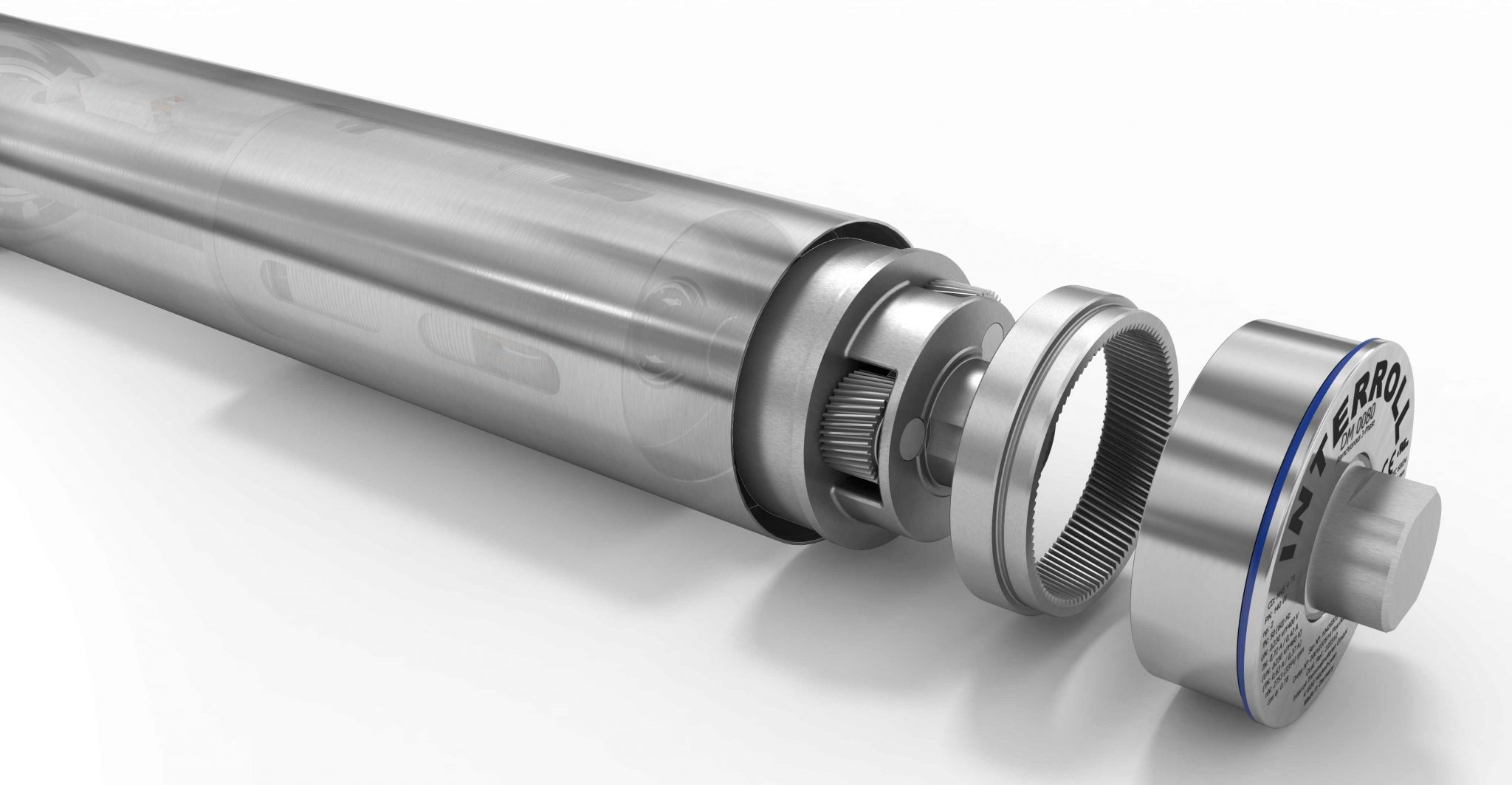Businesses failing to use procurement specialists to ensure they get best value from Third-Party Logistics suppliers (3PLs) are potentially losing millions, according to the latest research from UK supply chain and logistics consultancy SCALA.
SCALA surveyed a selection of the UK’s best-known businesses and 3PLs (whose revenue runs into the billions and whose number of clients run into the thousands) with regards to how 3PLs are selected, contracts negotiated, and the success of logistics partnerships maintained.
At each stage, the findings revealed that procurement specialists were being sidelined by logistics teams to the detriment of the effective running of their business.
At selection stage, 32% of companies admitted that procurement teams weren’t the main driver or didn’t play a significant role in the process.
A shocking 94% of companies also admitted that procurement teams never, or only occasionally, played a role in contract maintenance.
John Perry, managing director at SCALA, commented: “The findings of our research are made even more concerning by the fact that so few companies are satisfied with the performance of 3PL relationships.
“For example, only 9% of companies are very confident that they got the best deal when negotiating their contract with a 3PL. Also, less than a third (29%) believed that contracts remained appropriate or effective throughout a typical 5-year term.
“Despite these factors, too many companies are still failing to give specialist procurement teams a proper role within the process.”
SCALA’s research went on to show the positive impact good procurement has when used effectively. Companies reported that using procurement throughout the selection and negotiation process delivered cost reductions, improved KPIs, better contractual terms and a clear method for monitoring and maintaining ongoing performance of the 3PL.
Similarly, during the running of the agreement, effective procurement was found to have led to improved performance, better relationships and the avoidance of conflict between companies and their 3PL partners.
John continues: “Leadership teams could potentially save millions in lost efficiencies and unnecessary costs by ensuring the effective integration of procurement teams with logistics.
“The inconvenient truth is that both departments often view each other with (at best) confusion or (at worst) outright hostility. It is rare for one to have a detailed knowledge and appreciation of the other’s work, and yet, this is what delivers the best outcomes.
“It’s key to get both teams talking the other’s language. Alternatively, use a combined procurement and logistics consultant that can ensure maximum efficiency is created and maintained.”
Perhaps the best argument for better procurement is the response of the 3PLs themselves. Those expressing concerns about the enhanced use of procurement teams talked about more exacting KPIs (40%) or the penalisation of performance failures (30%). However, they also admitted that effective procurement did deliver improved performance and dispute resolution for both parties’ mutual benefit.
Participating companies that offered up their views in SCALA’s research cover a wide-range of sectors but predominantly operate in the grocery, FMCG, electrical appliance and homewares sectors. The 3PLs range from regional providers to the very largest in the UK, with the majority having in excess of 100 clients.






